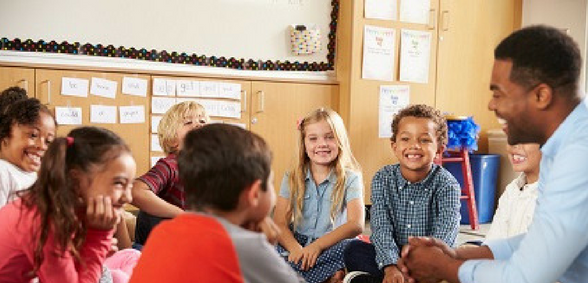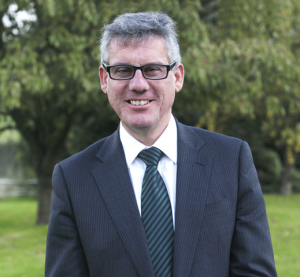
John Aguilar, principal of Padworth College, shares his thoughts on how education can lead the movement on respect, inclusivity and acceptance
 The UK is very fortunate because, as a nation, we are brimming with diversity and cultures. The influence of these diverse nationalities has made the UK a hub of culture and urbanity – could anyone imagine London’s atmosphere were it not buzzing with different languages, the smells of different foods or the stories of those who have come to live here?
The UK is very fortunate because, as a nation, we are brimming with diversity and cultures. The influence of these diverse nationalities has made the UK a hub of culture and urbanity – could anyone imagine London’s atmosphere were it not buzzing with different languages, the smells of different foods or the stories of those who have come to live here?
With Brexit on the horizon we want to do all we can to ensure this wonderful and diverse culture that we are privileged to have continues to thrive. This means making sure that everybody in our society feels respected, accepted and included.
To this end, it is important to understand that our views are often shaped when we are young – which is not to say we cannot be enlightened later in life – but if we can encourage understanding, compassion and open-mindedness in schools our children will be more likely to grow up to be people who are respectful, genuinely tolerant and more accepting, making a society that is more inclusive.
Creating a culture that welcomes diversity
Teachers certainly have a role to play within society, helping all to learn about the benefits of proper integration and inclusivity; the last thing we would want to do is ostracise anyone within our communities because they appear different from us or are not what people might consider ‘normal’ – whatever this means. Therefore, when we are faced with incidents that are traumatic, we are better placed to offer the right support so that people can process what has happened and can deal with the emotions they are experiencing in a safe environment.
To mirror this, at Padworth College our entire community is made up of students and teachers from across the world. In our hallways we can hear different languages being spoken and students sit next to each other in the dining rooms, sharing and learning about cultures other than their own. Respect for, and understanding and acceptance of, differences are strengths shared by every student and there is a genuine desire to learn more about the world we live in.
A proactive approach
Not every school is quite like ours – all schools are different, of course, but learning how to integrate and trying to understand more about things unfamiliar to us should be at the core of every institution. Let me give you a prime example. We recently invited a group of year 8 pupils from a local comprehensive school to spend the afternoon with us. A cross-section of our students provided taster language sessions for these pupils and taught them a range of greetings, colours and numbers in Arabic, Spanish, German, Thai, Vietnamese, Mandarin, Korean and Japanese. For all the young people involved – from both schools – this was an enlightening educational experience, whilst also proving great fun!
Initiatives such as these not only help to establish excellent links with other schools in the community but also create learning opportunities for pupils and teachers that will be remembered. These simple, yet effective, initiatives enable us to work together within an academic environment, making it possible for everyone to gain an understanding of the diverse world we live in.
Breaking down boundaries
I sense that much of youth today is positively open-minded, self-expressive, understanding and accepting of different cultures; previous generations did not have the same opportunities. Access to the internet, and more frequent and easier travel to other countries, mean that there are many more possibilities for young people now to learn about and to experience life beyond their immediate local vicinity. Would it not be great if we could transfer this knowledge to help enlighten other generations too – there is always something new that can be learnt, seeing the world through different perspectives.
Teachers should take a prominent role as enablers. If we encourage and foster an environment of respect, inclusivity, acceptance and understanding at school, children will take these values home with them. By educating children not to be afraid of what is different, but rather to embrace it, we hope that we might be able to pass on this message for the benefit of others in an effort to make the world a better place.
Don’t forget to follow us on Twitter and keep up-to-date with the latest news and features
